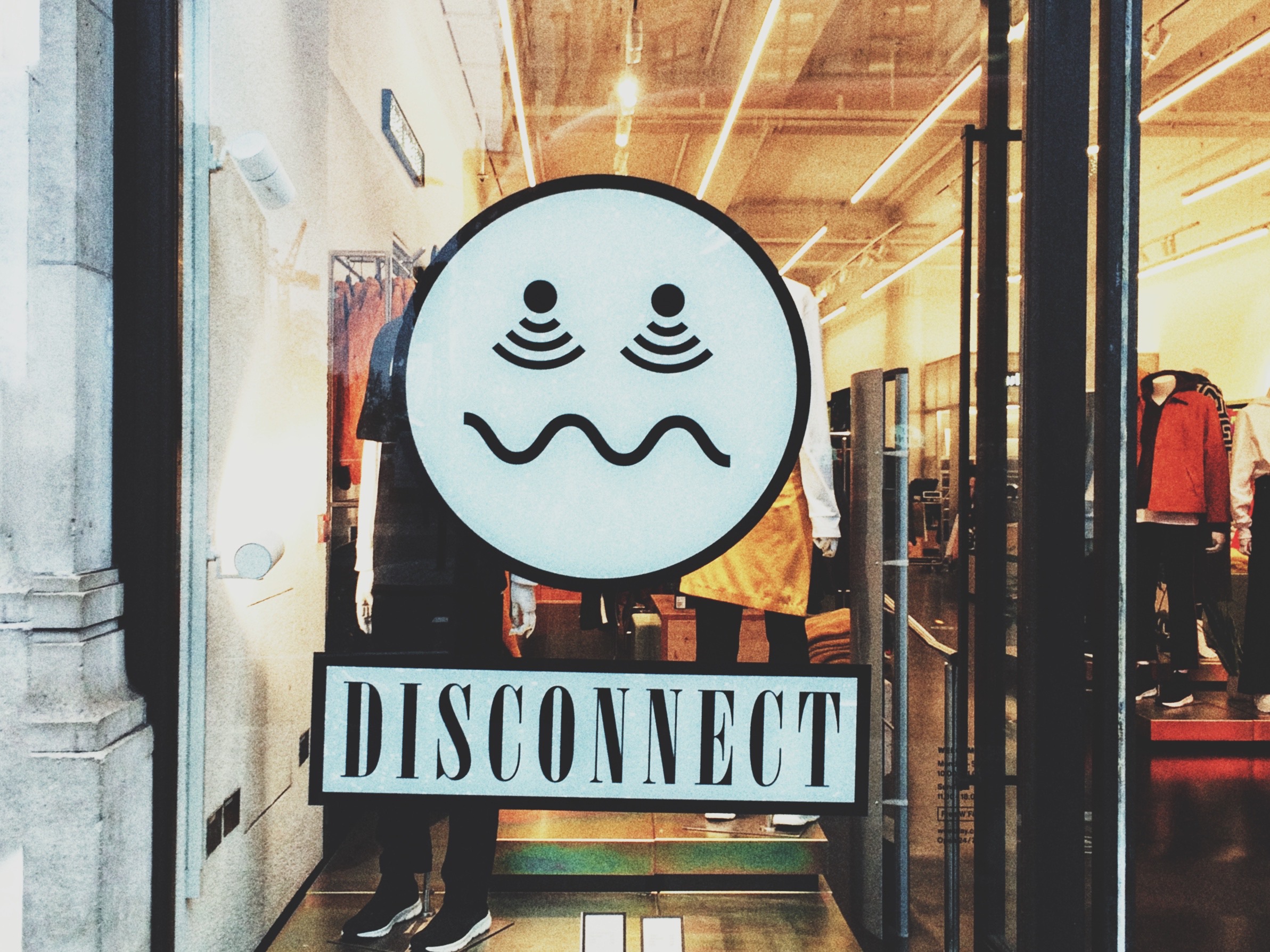People seem to be calm to recent sales events, including Black Friday to The Single Shopping Festival. Is the discount war gone in 2022?
According to many reports and opinions collected from many consumers, a lacklustre Black Friday just passed. To avoid the disruptions from factory closures and congested ports, which have been seen in 2021, many brands offered earlier bird sales to encourage customers to shop before Black Friday weekend to reduce the strain on their supply chains and avoid the holiday rush.
At the same time, in China, the Double 11 Day( or called The Single’s day) shopping festival, which used to be held particularly on 11.11, also started the sales at the beginning of November to stimulate purchasing( some pre-sales even started from the end of October). The official statistics from the two leading e-commerce tycoons showed the highest gross merchandise volume(GMV) of RMB540.3 billion($84.54 billion) on Tmall( operated by Chinese Alibaba group) and RMB349.1 billion on JD.com( also known as Jingdong). Even those GMV showed the highest figure ever; they couldn’t stop customers from feeling exhausted about complex coupons, internet frauds, or stimulation of pushing from the promotion.
However, will those shopping festivals still attract customers in the future? As consumers seemed a bit cold, or some complained about lower discounts than previous years, what made them not interested in sales anymore?
Less discount than expected and completed coupon campaigns drove them away.
Most people were arguing about the lower discount compared to previous years. Consumers are used to looking for real bargains during these sales events, but now they feel the offers do not meet their expectations. Nowadays, they can check the best price on the internet before purchasing. People realise that the companies are using these sales events to boost sales, but they may not get the deal they thought they’d get.
The most argued case happened in China in 2021. People found out a mask set of L’Oréal, which was advertised as the best deal available via the top live streamer Li Jiaqi’s sales sessions on Single’s Day, which was more expensive than the reduction offered L’Oréal’s official website. This French cosmetic company explained that the price difference was because of the complex calculation of coupons on its platform during the shopping festival. Eventually, the company apologised and offered compensation coupons to settle the disputes. But people still lost their trust in these promotional campaigns.
People get numb for the never-ending shopping promotion.
The frequent promotions make the discount culture worse. Now sales events have become a global phenomenon. The Western don’t celebrate Chinese New Year, and Asians are unsure what Thanksgiving means. But thanks to the internet and easy travelling (before the pandemic), you can see stores hanging red lanterns in their windows on Regent Street during the Chinese New Year or people queuing outside the local stores for Black Friday sales in Taiwan. Gradually, people start to feel numb from the ongoing discount events.
For example, in Taiwan, there are plenty of sales events. Customers can always find sales events like Chinese New Year, Mother/Father’s Day, Valentine’s day, anniversary celebration of the department stores, Black Friday and Single’s day, etc. Every two months, there is always promotion and offers about 10-20% off. So people don’t have to rush to get the deal, and a mere discount doesn’t significantly boost sales.

12.12 which is recognised as South East Asia’s version of Single’s Day & Black Friday.(ASOS)
The awareness to stop over-consumption is rising.
The anti-black Friday campaign is rising. Some brands focused on “Thanks” and “Giving” instead of offering massive discounts to stimulate impulse shopping. For example, a Swiss bag brand, FREITAG, closed its website on Black Friday then directed customers to its peer-to-peer SWAP programme to get a new classic Tinder-style bag by exchanging the old FREITAG bag.
Also, the awareness of sustainability has been rising recently. Consumers pay more attention to their shopping behaviour and avoid unnecessary consumption. More people are joining the anti-black campaign, and they urge others to go back to the original meaning of those special holidays. The pandemic also triggers people to review the needs of their wardrobe or their living environment to meet the rising minimalist style.
The Swiss bag brand encouraged people to swap goods instead of purchasing.(Freitaglab Instagram)
– – –
In conclusion, consumers gradually don’t feel interested in sales events considering fewer discounts and complex offers, and the discount culture makes them feel numb. Additionally, some customers become aware of the rising inflation rate and reflect on the price and concern over-consumption. The senior director of industry and consumer insights for the National Retail Federation, Katherine Cullen, suggests that brands offer customised promotions. Based on collecting the data on target consumers to meet their needs, such as limited-time offers during the weekend or a deal of the day to approach the right ones.
However, some brands have ordered more inventory to avoid another supply chain crisis. Those could be potential stuff to put on sales if they put wrong expectations on demands. It also tests whether customers can get used to a new normal of paying the total price or nearly no discount. Additionally, some brands may still put heavily discount to drive sales. It is still too early to say the discount culture is over or not.

發佈留言